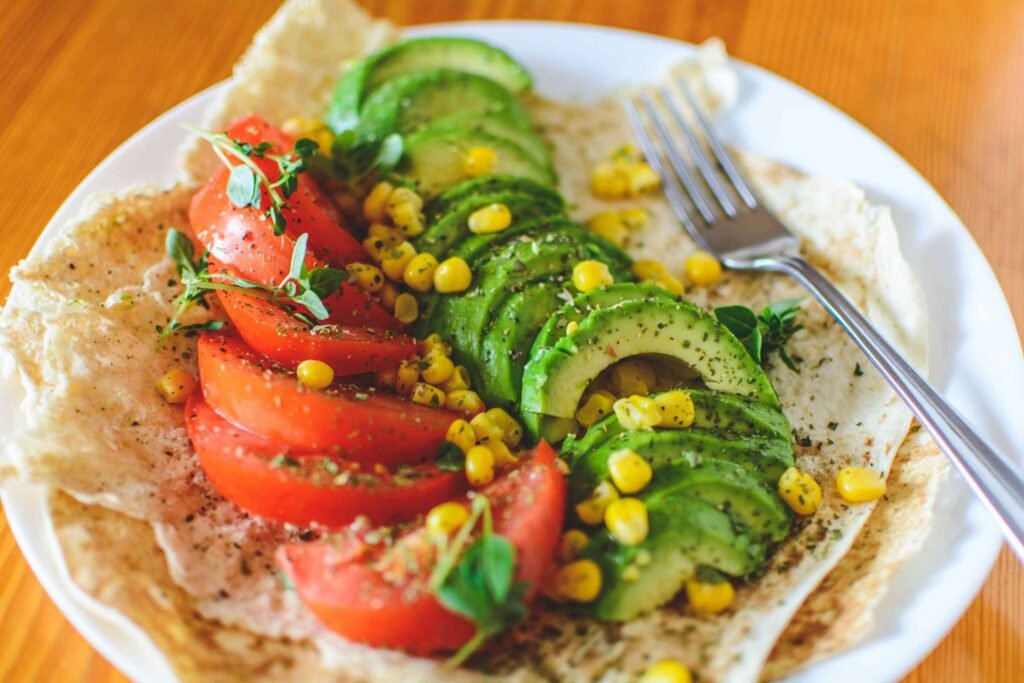When it comes to fitness, diet plays a crucial role in achieving and maintaining desired results. As someone passionate about health and wellness, I have always been intrigued by the various dietary choices people make to support their fitness goals. Recently, I decided to delve into the world of veganism to see if it was possible for vegans to build muscle and maintain a high level of fitness on a plant-based diet.
Understanding the Vegan Diet for Fitness
My journey towards researching vegan muscle-building diets began with many questions and some skepticism. Like many, I had the misconception that it would be extremely difficult for vegans to meet their daily protein needs, which are essential for muscle growth and recovery. However, my research quickly revealed that not only is it possible for vegans to build muscle, but many have successfully achieved impressive bodybuilding results.
Understanding the key nutrients required for a fitness-focused vegan diet was my first step. Protein, of course, was a primary concern. I learned that plant-based proteins from sources like legumes, tofu, tempeh, quinoa, and even certain vegetables could provide the necessary amino acids. Additionally, I focused on ensuring I got enough vitamins and minerals, such as B12, iron, calcium, and omega-3 fatty acids, which are crucial for overall health and muscle function.
Vegan Protein Sources

One of the most important aspects of a vegan diet for fitness is ensuring adequate protein intake. Here are some excellent vegan protein sources:
1. Legumes: Beans, lentils, and chickpeas are fantastic sources of protein and fiber. They can be added to soups, stews, salads, and more.
2. Tofu and Tempeh: These soy-based products are incredibly versatile and can be used in a variety of dishes, from stir-fries to sandwiches.
3. Quinoa: This ancient grain is a complete protein, meaning it contains all nine essential amino acids. It’s perfect for salads, bowls, or as a side dish.
4. Nuts and Seeds: Almonds, peanuts, chia seeds, flaxseeds, and hemp seeds are great for snacking and can be added to smoothies, oatmeal, and baked goods.
5. Seitan: Made from gluten, seitan is a high-protein meat substitute that works well in many savory dishes.
6. Edamame: Young soybeans that are high in protein and can be enjoyed as a snack or added to meals.
7. Nutritional Yeast: A cheesy-tasting supplement that is high in protein and B12, great for sprinkling on popcorn or pasta.
8. Plant-Based Protein Powders: These can be a convenient way to boost protein intake, especially post-workout. Options include pea protein, hemp protein, and brown rice protein.
Exercises and Workouts
Maintaining a regular workout routine is essential for anyone looking to build muscle and stay fit. Here’s a glimpse into the exercises and workouts I follow, which can be easily adapted to support a vegan fitness regime:
1. Strength Training: I focus on different muscle groups throughout the week with weightlifting sessions. This includes exercises like squats, lunges, push-ups, pull-ups, deadlifts, bench presses, and rows.
2. Cardio: High-intensity interval training (HIIT) is a staple in my routine for cardiovascular health and fat burning. This method includes short bursts of intense exercise followed by rest periods.
3. Flexibility: Incorporating yoga and stretching helps with flexibility and mental well-being. It’s a great way to balance out the more intense workouts.
Benefits of a Vegan Fitness Diet
The benefits of a well-planned vegan diet for fitness enthusiasts are numerous. Here are some positive changes and improvements that vegans have experienced:
1. Improved Muscle Definition: With the right protein sources and consistent workouts, muscle definition and overall strength can improve significantly.
2. Increased Energy Levels: Many vegans report feeling more energetic and able to push harder during workouts, thanks to the nutrient-dense nature of plant-based foods.
3. Better Digestion: A diet rich in fiber from fruits, vegetables, and legumes can lead to better digestion and overall gut health.
4. Enhanced Well-Being: The sense of accomplishment from maintaining a vegan diet and achieving fitness goals can be incredibly rewarding.
Tips for Vegans Considering a Fitness Diet
For anyone thinking about trying a vegan diet for fitness, here are some tips based on my research and observations:
1. Do Your Research: Understand the nutritional needs of your body and how to meet them with plant-based foods. There are plenty of resources and community groups online that can offer support and advice.
2. Focus on Protein: Incorporate a variety of protein sources such as lentils, chickpeas, tofu, tempeh, quinoa, and plant-based protein powders. Don’t forget about nuts, seeds, and dark leafy greens, which also contribute to your protein intake.
3. Balance is Key: Ensure your diet is balanced with carbohydrates, fats, and proteins. Include a wide range of fruits, vegetables, whole grains, and healthy fats to meet your nutritional needs.
4. Stay Consistent with Workouts: Your diet supports your fitness, but consistent exercise is essential. Maintain a well-rounded fitness routine that includes strength training, cardio, and flexibility exercises.
5. Consider Supplements: Some nutrients like B12, iron, and omega-3 fatty acids can be challenging to obtain in sufficient quantities from a vegan diet alone. Supplements can help bridge any gaps.
Conclusion
Exploring the world of vegan fitness has been an eye-opening experience. Through thorough research and a commitment to understanding plant-based nutrition, it is clear that vegans can successfully build muscle and maintain a high level of fitness. If you’re curious about how a vegan diet might support your fitness goals, I encourage you to give it a try. With the right approach and a bit of dedication, you might find it’s the perfect fit for your lifestyle and wellness aspirations.




Pingback: How Much Protein Do I Need and How Do I Get It?